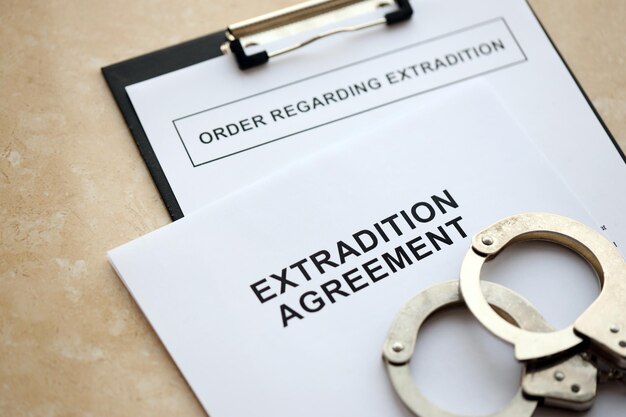Can You Hold Your Apartment Complex Accountable for Mold? Here's What You Need to Know
Finding mold in your apartment can be alarming, not only because of its potential damage to your belongings but also due to the health risks it poses. From respiratory issues to severe allergic reactions, mold is no trivial matter. But what can you do if your apartment complex seems negligent in addressing this issue? Can you sue your apartment complex for mold?
Understanding Your Legal Rights
Tenants have the right to live in a safe and habitable environment. This is a legal standard upheld by many jurisdictions, often referred to as the "implied warranty of habitability." Mold can breach this warranty if it creates conditions that are dangerous to health or safety. You can potentially sue your landlord or apartment complex if they fail to maintain these standards.
Essential Steps to Take
Document the Evidence: Take photos or videos of the mold-affected areas and keep records of any health symptoms experienced.
Notify Your Landlord: Send a written notice to your landlord or apartment management about the mold, asking for prompt remediation. Ensure it's dated, and keep a copy for your records.
Seek Medical Advice: If you or your family experience health symptoms, consult a healthcare professional. Request documentation of any health impacts related to mold exposure.
Allow Reasonable Time for Response: Give your landlord a reasonable amount of time to respond and address the issue. Local laws vary, but a typical expectation might be around 14 days.
Consult an Attorney: If your landlord neglects the issue, speaking with a lawyer specializing in tenant rights can offer clarity on pursuing legal action.
Exploring Financial Assistance Options
Legal battles can be lengthy and expensive. Even if suing seems like the right course, you might want to explore other forms of assistance to manage your living situation better.
Government Aid Programs for Renters
Many local governments offer aid programs that can assist in covering rent temporarily if you need to relocate or if repairing the apartment renders it temporarily uninhabitable.
- HUD (Housing and Urban Development): Provides information on local programs to help cover housing crises.
- The Emergency Rental Assistance Program (ERAP): Offers financial help for those at risk of eviction or facing pandemic-related hardships.
Financial Relief Options
Beyond specific aid programs, consider broader financial assistance and relief options:
- Credit Card Solutions: Some credit card companies offer temporary relief measures such as deferred payments.
- Debt Consolidation: If financial burdens are more comprehensive, debt consolidation can make monthly payments more manageable.
Educational Grants and Opportunities
In cases where financial strain impacts your ability to pursue education, you might qualify for grants or scholarships that can ease your financial burden:
- FAFSA: Free Application for Federal Student Aid can open doors to numerous grants and loans.
- Private Scholarships: Many organizations offer scholarships based on various criteria, including hardship circumstances.
When Relocation Becomes Necessary
If your living conditions become untenable due to unresolved mold issues, relocating might be necessary. Consider seeking local resources that provide temporary housing assistance or look into community support networks that offer relocation grants or low-interest loans.
Quick Resource Guide
Here's a handy list of resources to consider when dealing with mold in your apartment and seeking additional support:
- 🏠 Housing Quality Standards: Check local housing laws to understand your rights regarding habitability.
- 💲 HUD & ERAP Programs: Explore temporary financial assistance for rent or relocation.
- 💳 Credit Relief Options: Contact your credit card provider for possible deferred payment plans.
- 🎓 FAFSA and Scholarships: Look into educational assistance if financial pressure affects your studies.
- 📞 Legal Aid Services: Consult with tenant advocacy groups or legal aid for advice on suing for mold-related issues.
While navigating these challenges may seem daunting, knowing your rights and available resources can significantly ease your journey toward a healthier, stress-free living environment.

